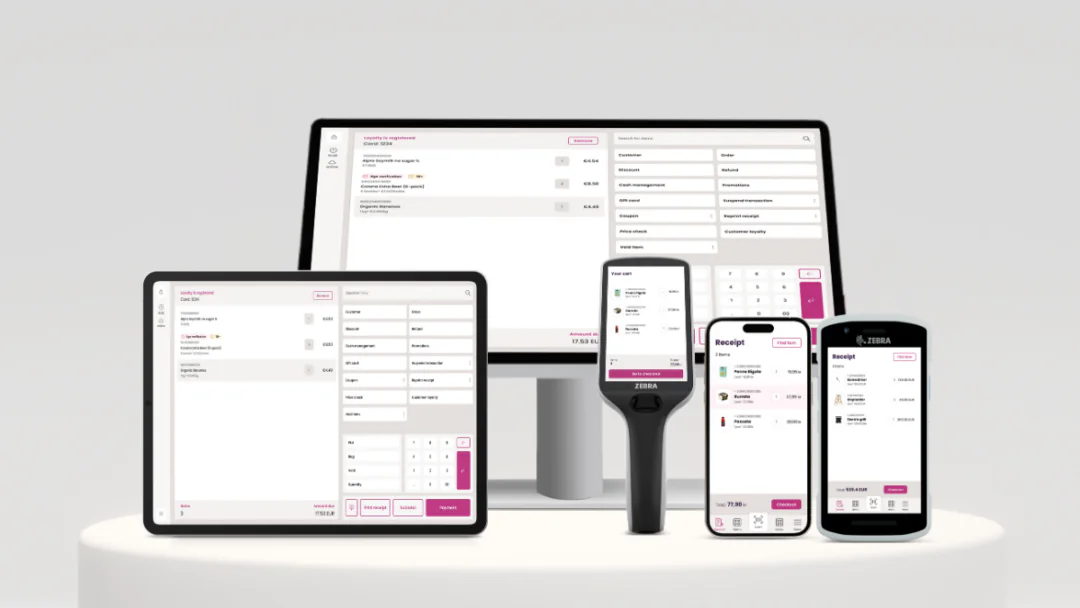How POS Technology Improves Operational Efficiency

In today’s fast-paced business environment, operational efficiency is critical for companies looking to stay competitive. One of the most powerful tools driving efficiency in modern businesses is Point of Sale (POS) technology. From streamlining transactions to managing inventory, POS systems have become indispensable in improving operational workflows, reducing errors, and maximizing productivity.
Streamlined Transaction Processing
One of the most immediate benefits of POS technology is the ability to streamline transactions. Unlike traditional cash registers, modern POS systems allow for quick, accurate, and secure processing of sales, whether through cash, card, or digital payments. Faster transactions reduce long queues, improve customer satisfaction, and free up staff to focus on other operational tasks. Additionally, automated features such as barcode scanning and integrated payment gateways reduce human errors, ensuring accuracy in billing and reporting.
Efficient Inventory Management
Inventory management is a major operational challenge for businesses of all sizes. POS systems provide real-time tracking of stock levels, automatically updating quantities as sales occur. This reduces stockouts and overstock situations, allowing managers to make informed purchasing decisions. Advanced POS solutions also generate detailed inventory reports, highlighting fast-moving products and identifying slow sellers. With these insights, businesses can optimize inventory turnover, reduce waste, and maintain a leaner, more efficient supply chain.
Simplified Employee Management
POS technology is not just about sales; it also plays a significant role in employee management. Many POS systems include features to monitor employee performance, track working hours, and manage schedules. This enables managers to allocate resources more effectively, identify training needs, and reduce labor inefficiencies. Staff can also use POS terminals to quickly access product information, process orders, and handle returns, which reduces the time spent on routine tasks and improves overall workflow.
Data-Driven Decision Making
A major advantage of POS systems is the ability to collect and analyze operational data. From sales patterns to peak business hours, POS technology provides actionable insights that help managers make informed decisions. For example, by identifying peak sales periods, a business can optimize staff allocation, ensuring smooth operations even during busy times. Similarly, sales analytics can guide promotions and pricing strategies, helping to increase revenue without overburdening operational processes.
Integration with Other Systems
Modern POS solutions often integrate seamlessly with accounting software, e-commerce platforms, and customer relationship management (CRM) systems. This integration eliminates the need for manual data entry, reduces errors, and ensures that all operational aspects of a business are synchronized. A connected system saves time, streamlines reporting, and enables a cohesive approach to managing operations, from in-store sales to online orders.
Enhanced Customer Service
Efficient operations are not just about internal processes—they also impact customer experience. POS systems enable faster checkouts, accurate billing, and instant access to product information. This improves service speed, reduces customer frustration, and allows staff to focus on creating a positive shopping experience. Happy customers often lead to repeat business, which in turn contributes to smoother operational cycles and higher overall efficiency.
Conclusion
In summary, POS technology is more than a tool for processing payments; it is a comprehensive solution that enhances operational efficiency across multiple facets of a business. By streamlining transactions, improving inventory control, simplifying employee management, providing data-driven insights, and integrating with other business systems, POS systems enable businesses to operate more smoothly and effectively. Companies that invest in modern POS technology not only save time and reduce errors but also position themselves for sustained growth and long-term success.






